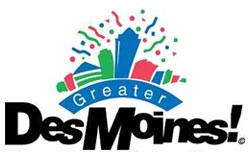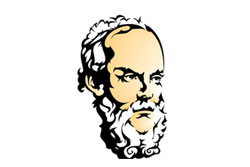If you’re following the market research industry, even from a distance, you likely saw the announcement that Google has released Google Consumer Surveys, to conduct “microsurveys” on a “macro” scale. I saw a range of industry reactions to this new offering, from “it’s the end of the world as we know it” to “it’s the greatest thing since sliced bread.”
At Quester, we’re somewhere to the right of center on that continuum, and honestly, are pretty excited about the possibilities. While a new option at such a low price point will surely encourage additional marketers to adopt a DIY strategy, we also recognize the opportunity that this kind of approach makes for qualitative researchers like ourselves.
The initial Google offering will deliver single closed-ended questions to consumers across the internet, based on those seeking content from Google’s publisher network. In exchange for answering a quick question, consumers will be able to access content normally behind a paywall for free. Access to this new source of respondents will be available at a rate of $.10 to $.50 per respondent, depending on targeting.
So while the DIY marketers will be easily and inexpensively collecting key metrics, this opens a huge door for those of us in online qualitative to provide additional insights on the “why” behind those numbers. With Quester’s tools, we’re uniquely positioned to augment findings from Google Surveys, since Socrates is completely scalable, we can easily deploy a follow-up deep dive with large samples, to deliver qualitative insights on a quantitative scale.
As pointed out by Leonard Murphy in the Greenbook Blog Post this week, “This will be a boon to qualitative researchers who like a bit of quant to spice things up. I see only upside to this for now.” Leonard did caution that we not “get too comfortable since Facebook is ideally positioned to do something similar with a variety of qualitative methods.” As always, we’ll be on the lookout, but for now, we’re seeing the glass as half full. Industry innovations like these drive creativity in our own development initiatives, and we’re looking forward to the challenge.

